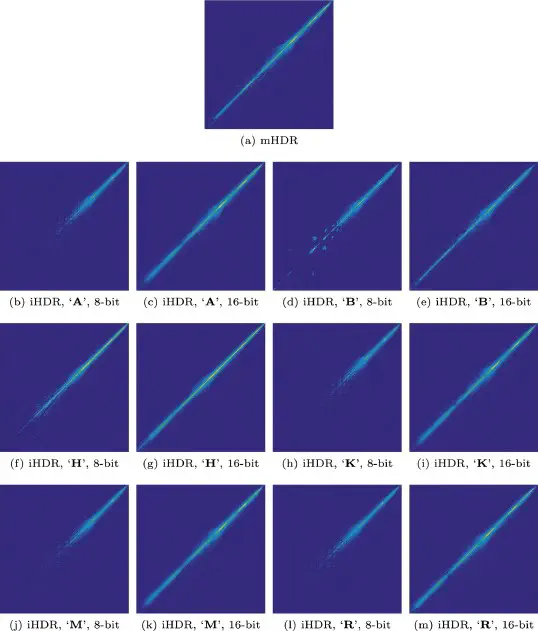Fine-grained detection of inverse tone mapping in HDR images

Abstract
Abstract High dynamic range (HDR) imaging enables to capture the full range of physical luminance of a real-world scene, and is expected to progressively replace traditional low dynamic range (LDR) pictures and videos. Despite the increasing HDR popularity, very little attention has been devoted to new forensic problems that are characteristic to this content. In this paper, we address for the first time such kind of problem, by identifying the source of an HDR picture. Specifically, we consider the two currently most common techniques to generate an HDR image: by fusing multiple LDR images with different exposure time, or by inverse tone mapping an LDR picture. We show that, in order to apply conventional forensic tools to HDR images, they need to be properly preprocessed, and we propose and evaluate a few simple HDR forensic preprocessing strategies for this purpose. In addition, we propose a new forensic feature based on Fisher scores, calculated under Gaussian mixture models. We show that the proposed feature outperforms the popular SPAM features in classifying the HDR image source on image blocks as small as 3x3, which makes our method suitable to detect composite forgeries combining HDR patches originating from different acquisition processes. Link to the official publication.